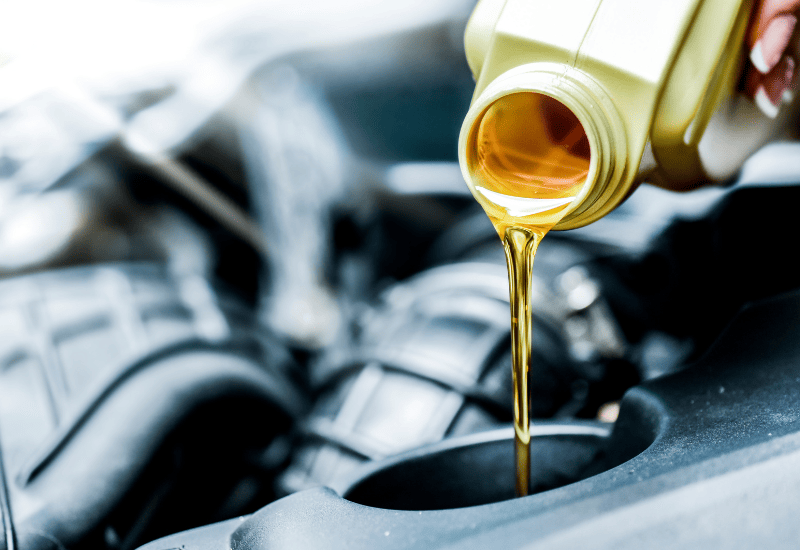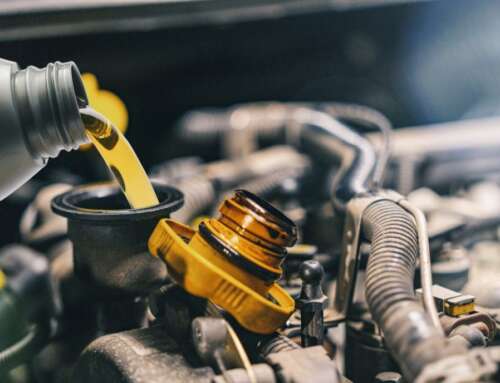Understanding how wear affects your vehicle’s oil change frequency is essential in vehicle maintenance. Wear and tear significantly influences how long you should go between oil changes. As a vehicle ages and racks up mileage, engine components wear down, causing increased friction and heat. This stress accelerates oil degradation, reducing its effectiveness sooner. Older, or high-mileage vehicles typically need more frequent oil changes to ensure engine health and efficiency. Regular oil replacements in these vehicles are vital to minimize further wear and prevent engine damage.
What Affects Oil Change Intervals?
Oil change intervals in vehicles are determined by various factors, including the mileage, the type of oil used, the quality of the oil, and the consistency of oil maintenance. Each of the factors that affect oil life is pivotal in how often your vehicle requires an oil change, ensuring optimal engine performance and longevity. Understanding these factors is essential for maintaining your vehicle in peak condition.
Mileage
Mileage is a key determinant in engine oil life. As a vehicle covers more distance, its engine oil degrades due to prolonged exposure to heat and contaminants. Consequently, vehicles frequently used for long trips or heavy commuting may require more regular oil changes. High mileage typically necessitates frequent oil changes to ensure continued engine lubrication and protection, maintaining engine health and efficiency over time.
Type of Oil Used
When considering oil change intervals, the type of oil used is a critical factor. Different oils offer varying levels of performance and longevity, influencing how often a change is needed:
Mineral oil
Sourced from refined crude oil, is suitable for simpler, older engines but requires more frequent changes due to its susceptibility to break down under extreme conditions.
Semi-synthetic oil
A blend of mineral and synthetic oils, offers improved performance and thermal stability, making it a versatile and cost-effective option for many vehicles.
Synthetic oil
Created through advanced chemical processes, provides superior engine protection and efficiency, particularly in extreme conditions, allowing for extended oil change intervals despite its higher cost.
Oil Quality
Oil quality directly impacts oil change frequency; higher quality oils with better additive packages degrade more slowly, maintaining their lubricating properties over extended periods. This enhanced stability under various operating conditions allows for longer intervals between oil changes, offering enhanced protection for the engine and improved overall vehicle performance.
Oil Maintenance
Regular oil maintenance, including monitoring and topping up oil levels, can significantly extend the interval between full oil changes. Ensuring that the oil is kept at the correct level and condition maintains engine efficiency and prevents excessive wear and tear. Proper maintenance ensures the oil retains its optimal performance, reducing the frequency of replacements and safeguarding engine health.
For more information on what type of oil is right for you, get in touch with our team at Inventory Express today!







